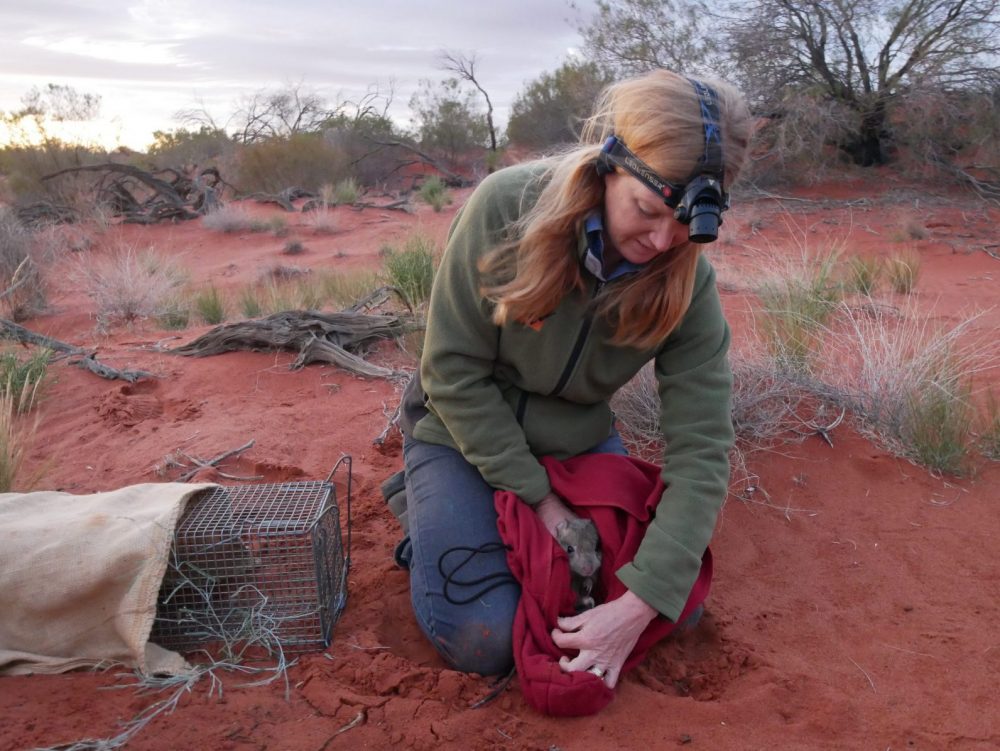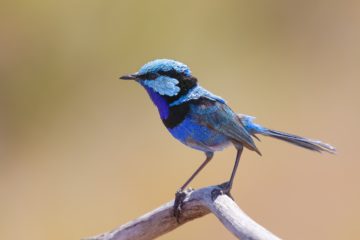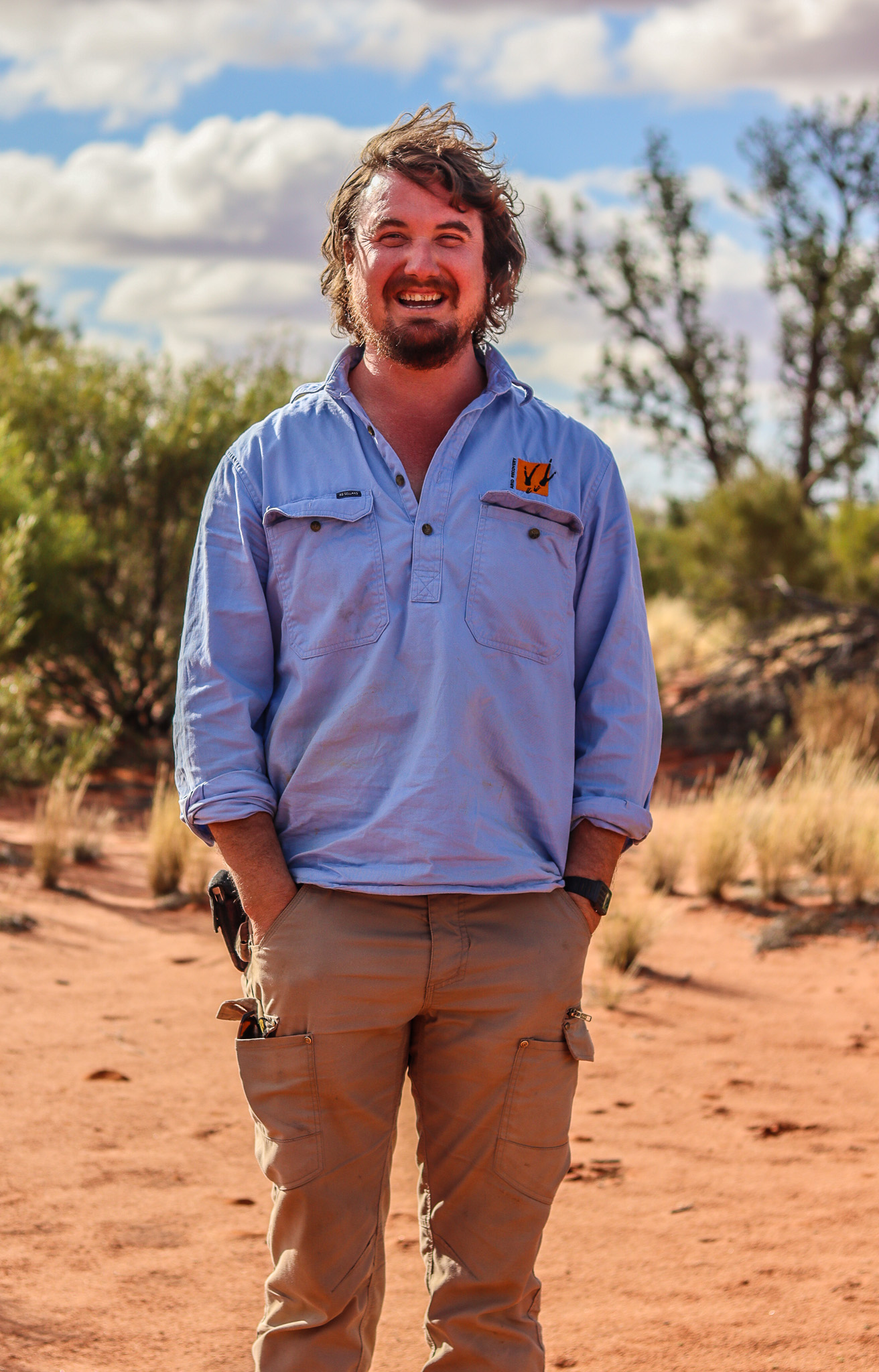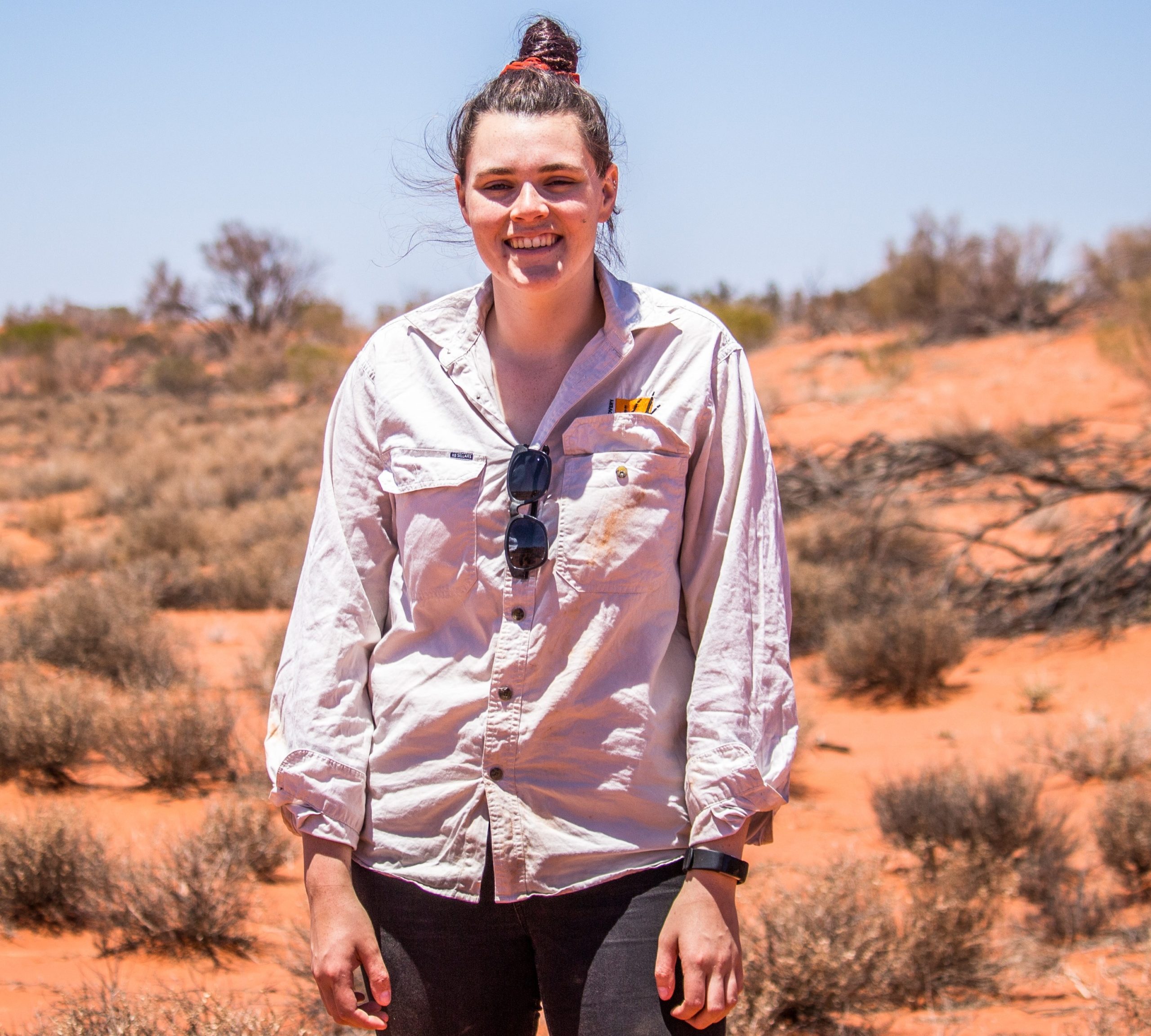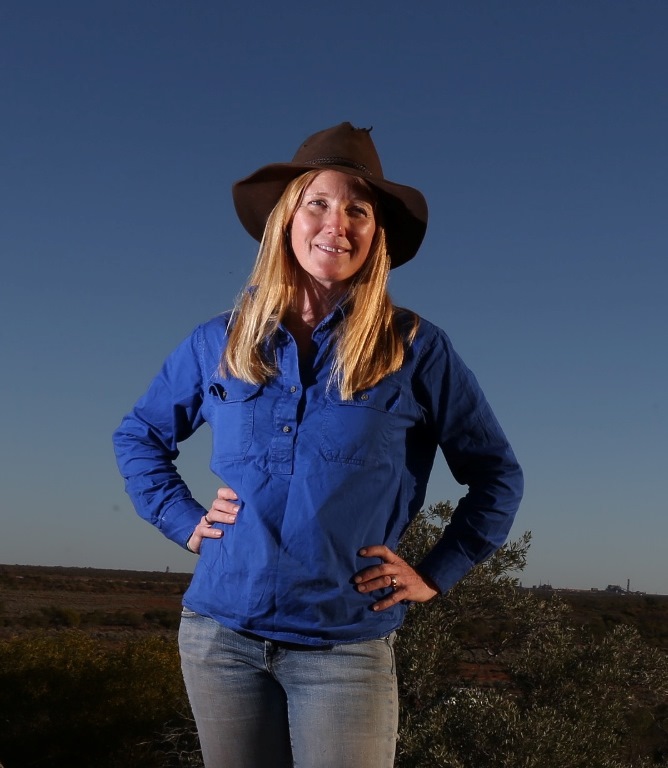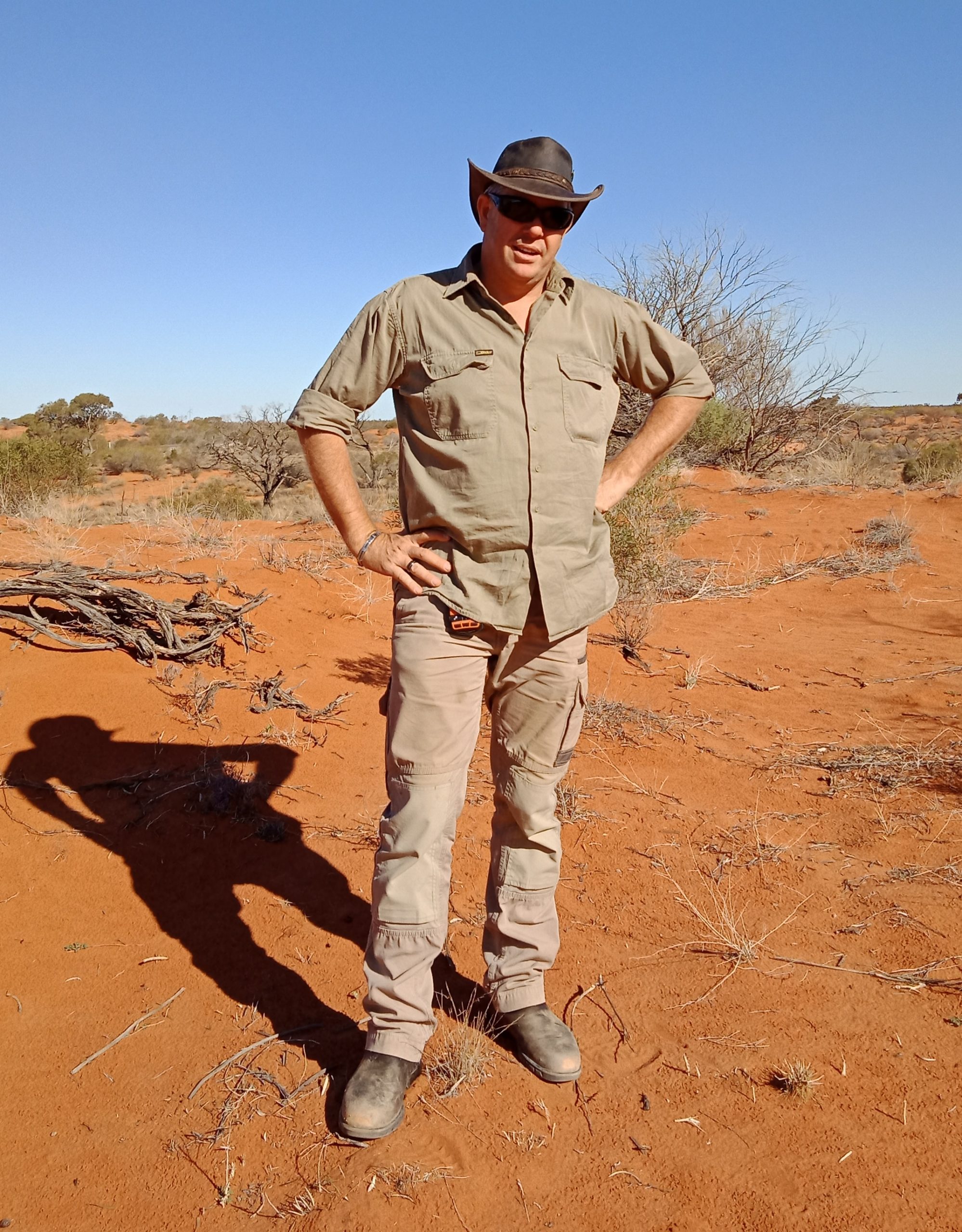By Arid Recovery
Science is giving native wildlife a fighting chance against feral cats with two research programs at Arid Recovery named today as finalists for the 2020 Eureka Awards, the ‘Oscars’ of Australian Science. Arid Recovery’s research program is punching above its weight in being named two of three finalists in the Applied Environmental Research category.
Australia has the world’s worst record of mammal extinction, with feral cats being the most significant driver of ongoing mammal declines. Both collaborations at Arid Recovery in the running for a Eureka Prize are making headway in finding solutions to the feral cat threat.

This is a bold experiment to fast-track evolution. Native animals are naïve and vulnerable to feral cats because they did not evolve together. By exposing bilbies and bettongs to low densities of feral cats under carefully controlled wild conditions, this research is accelerating natural selection for anti-predator “smarts” in native animals.
And it’s working! After several years of exposure to cats, bilbies and bettongs are now warier and quicker to flee from danger. Bettongs exposed to cats now have longer feet than their naïve cousins. Most importantly, bilbies that have been through in situ predator training survive longer than naïve bilbies when reintroduced into the wild.
This is game changing because, until now, animals like bettongs have been unable to co-exist with feral cats, and their only hopes for survival have been within cat-free fenced or island safe havens. This research opens the door to restoring these animals to open landscapes from which they have disappeared.
Collaborators: University of NSW, University of California LA and Bush Heritage Australia.
Arid Recovery has joined in a team of over 30 Australian scientists from the Threatened Species Recovery Hub of the Australian Government’s National Environmental Science Program and many collaborating organisations in a 5-year program to better understand and reduce the impact of cats on native animals. The research was led by Professor Sarah Legge from The Australian National University and Professor John Woinarski from Charles Darwin University.
The team collated the findings of over one hundred studies across the country to estimate how many feral cats there are, where they are, how many native animals they are killing, which native species are most at risk from cats, and what we need to do to protect them.
Arid Recovery hosted a significant field trial to test management options to reduce the impact of cats on vulnerable wildlife by manipulating rabbit populations. Dr Hugh McGregor of the University of Tasmania simulated a Calicivirus knock-down of rabbit populations in a 3,600 ha fenced paddock. He showed that rabbit removal has a positive effect for wildlife by reducing the number of cats in the landscape, but that native animals are very vulnerable for the short period after rabbits are removed when cats are most hungry. Tools like poison baiting for feral cats are likely to be most effective at these times.
“I’ve seen first-hand the devastation that feral cats wreak on our wildlife. I’ve worked on many reintroduction programs over the years and seen all too many fail due to cat predation. Changing the paradigm to one of enabling co-existence shows promise for tipping the balance towards the holy grail of restoring these animals to open landscapes.” Dr Katherine Moseby
“We’re thrilled to have our science in the running for a Eureka Prize. It’s a testament to the quality of the research, our fantastic collaborators and the real world application for conservation that Arid Recovery is represented not once but twice.” Dr Kath Tuft
With the awards going online in 2020 with COVID-19, Arid Recovery will be celebrating the Eureka Prize evening in bush style at Secret Rocks conservation reserve on the Eyre Peninsula.
The Australian Museum Eureka Prizes are the country’s most prestigious national science awards, honouring excellence across the areas of research & innovation, leadership, science engagement, and school science. The 2020 AM Eureka Prizes Award Ceremony will take place on the evening (AEST) of Tuesday 24 November 2020. For the first time in the program’s 30-year history, the 2020 AM Eureka Prize winners will be announced during a live, digital event with an interactive app to allow the online audience to take part in the proceedings. The digital event is open to everyone and is free to attend.

Right: Feral Cat by Hugh McGregor

